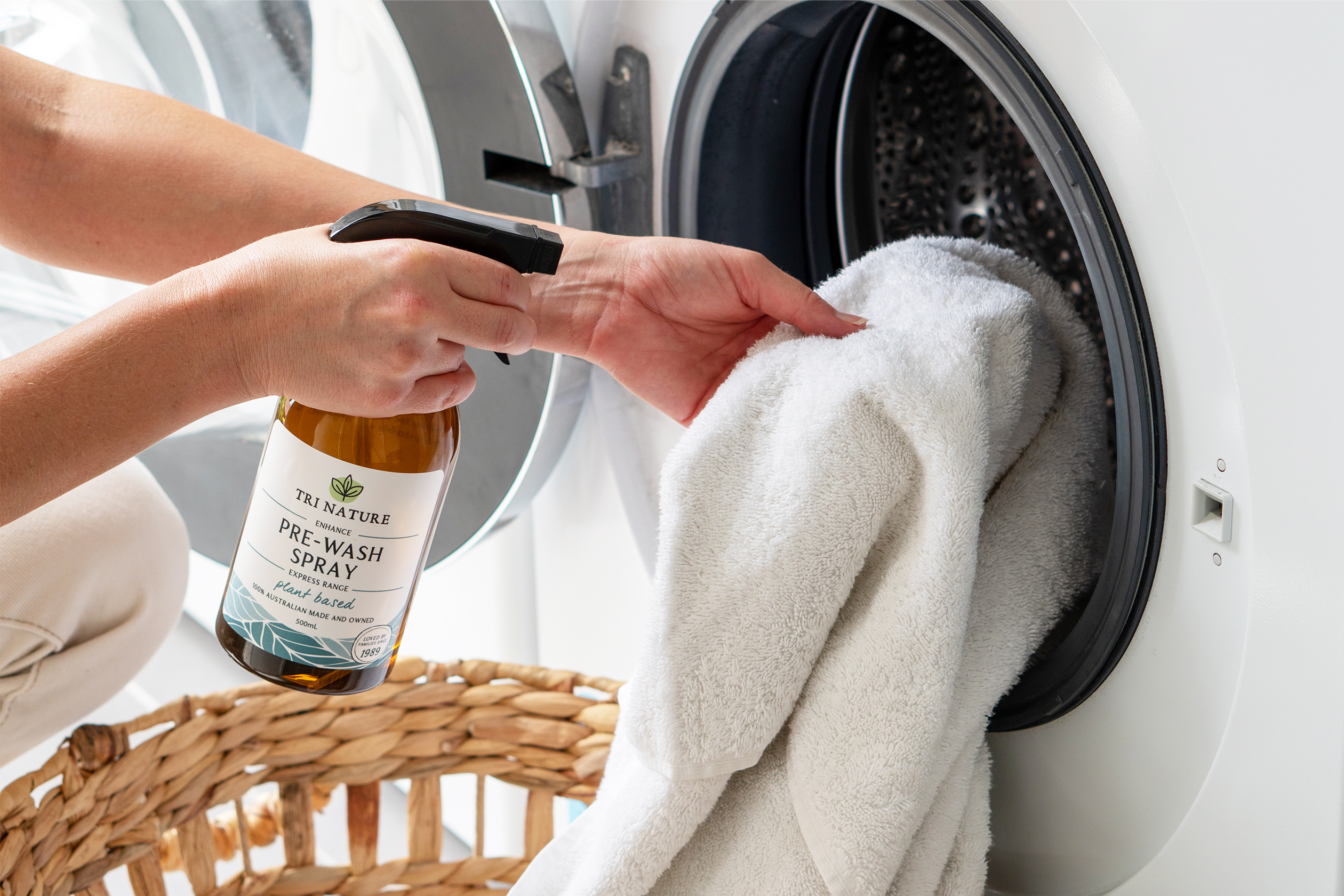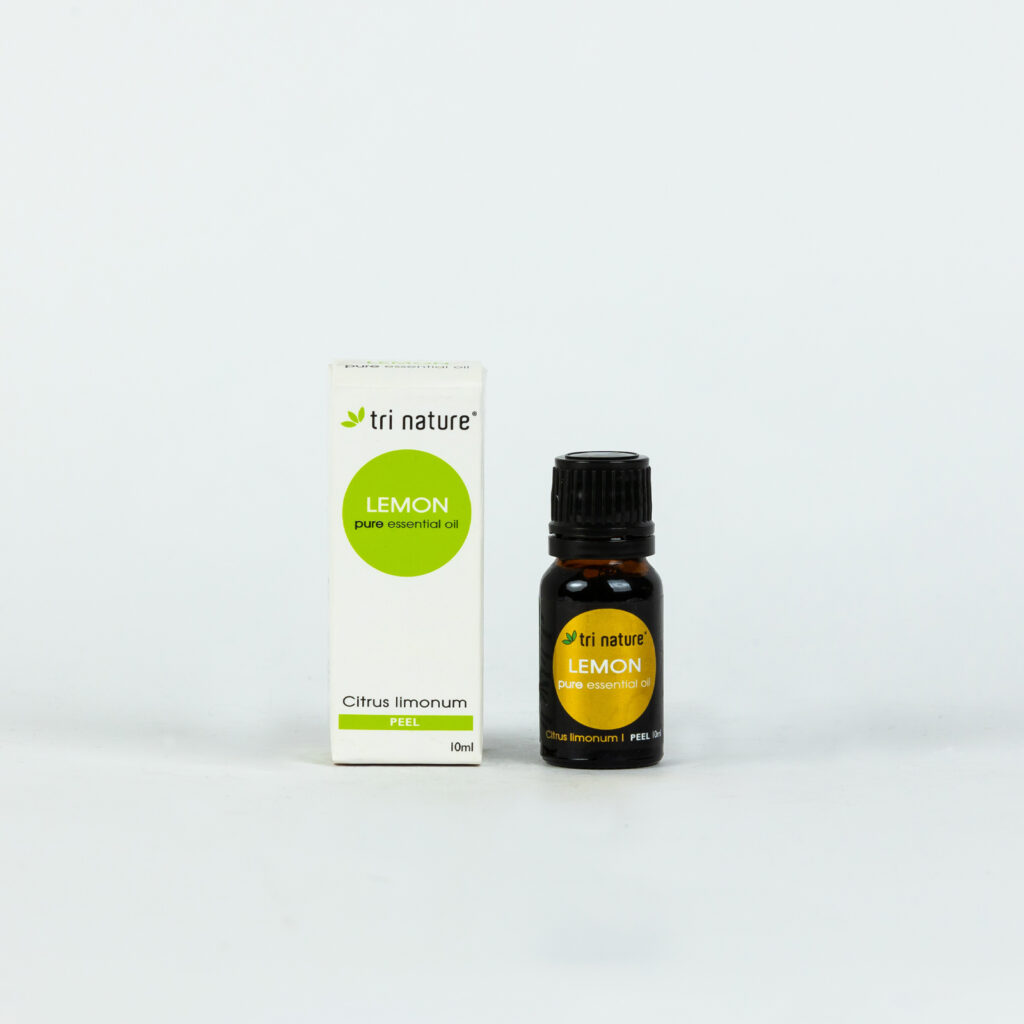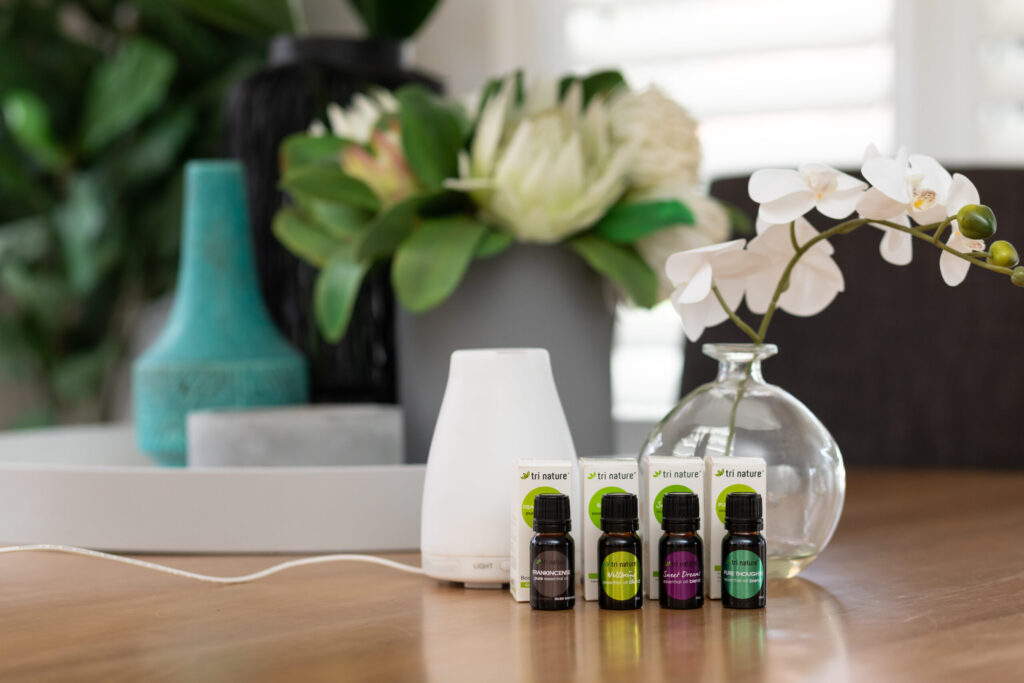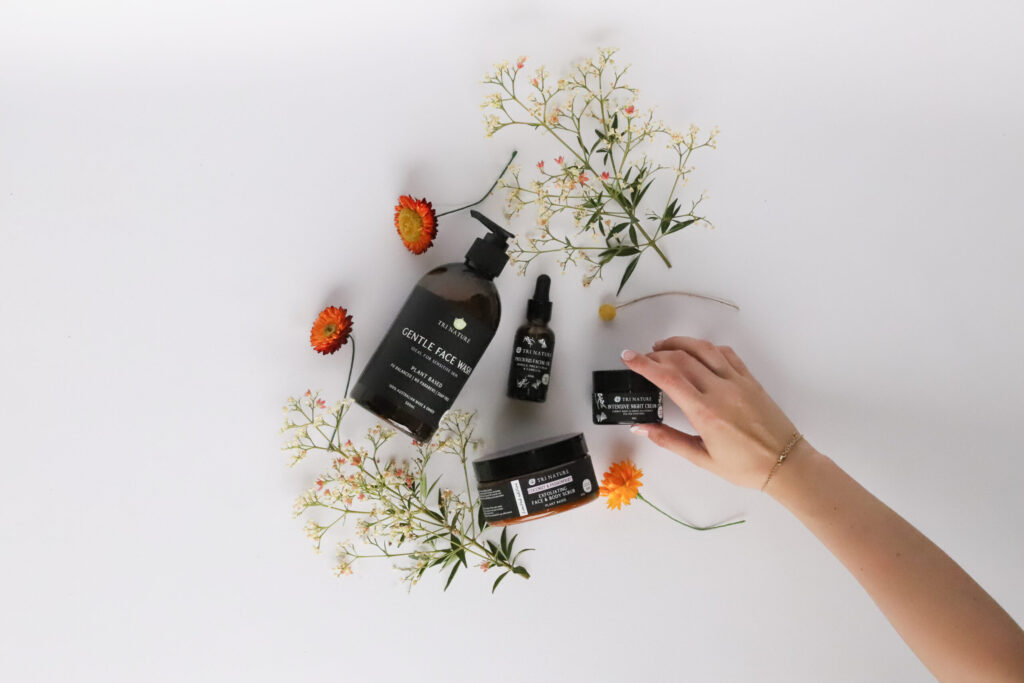There are few, if any, downsides to being smarter with water usage and giving ourselves the best opportunity to not waste it unnecessarily.
We’ve written a lot about how the ingredients in Tri Nature products help keep pipes clear and water as clean as possible after use so that the ‘wastewater’ can be recycled. However, not all wastewater is the same, and it typically comes under two distinct categories: greywater, and blackwater. So, what are the differences between them? And how do we approach each for recycling?
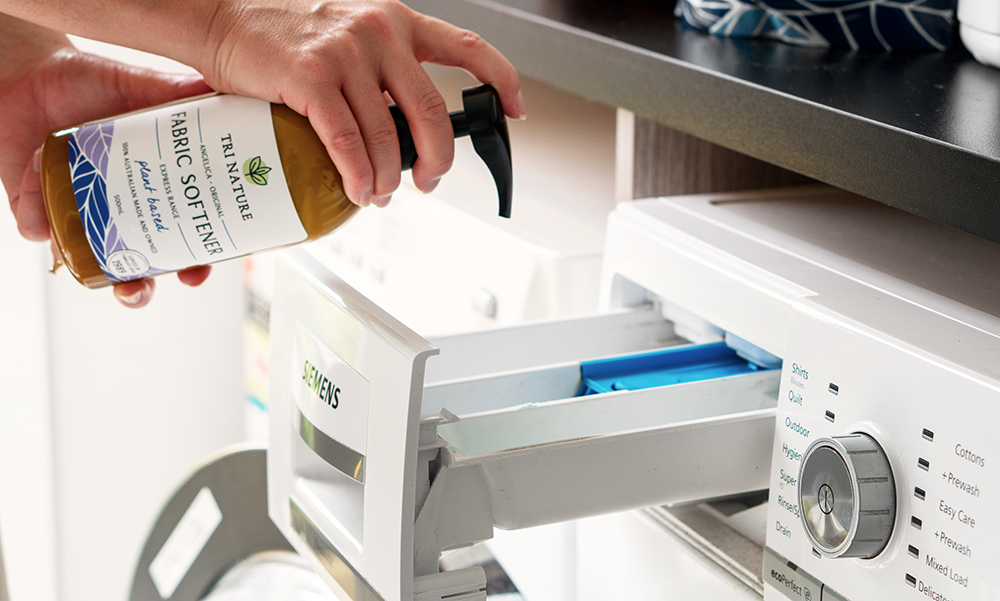
What is greywater?
Grey water is the used water from things like your washing machine, laundry tub, hand basins, shower, and bath. Greywater is usually suitable for in-home recycling for some purposes (though not for human or pet consumption). Water from showers and hand basins often makes up the largest portion of household water waste, with laundry water waste being a smaller but still significant volume. The products that you use in these areas make a big difference to the quality of greywater you have and what you can successfully recycle it for. The lower the toxins in your products, the higher the quality of your greywater and the more suitable it is for recycling and reuse.
What can you use quality greywater for?
To access greywater, you can have a diversion or treatment system installed to filter greywater out through designated piping to be used for secondary purposes[1]. Grey water can also be collected manually, for example, by using a bucket to scoop water out of the bath.
This greywater that would otherwise be sent into the sewage system can be used instead of fresh water for secondary purposes including:
- Lawn and Garden irrigation
- Cleaning the inside and outside of your home
- For its original purpose (washing clothes, for example)
- Toilet flushing
Treated greywater is best used for cleaning and toilets, while untreated greywater can be used for watering lawns, non-edible plants and gardens.
What is blackwater?
Blackwater is water that has been contaminated by excrement, urine, vomit, or other bodily fluids that enter the sewage system, potentially carrying diseases and bacteria. This is the water that comes through toilets, urinals, or washing machines that have washed soiled reusable nappies or sanitary products. Water from kitchen sinks and dishwashers can also be categorised as blackwater due to contamination from fats, oils, and food waste. Blackwater can be reused, however, it needs specialised and accredited treatment processes and careful application of the recycled water. Australia uses aerated systems for blackwater treatment such as septic systems, however, microfiltration systems are an option for household use.
How do Tri Nature products play a part in being able to reuse your water?
By-products of our water usage such as soil and dirt from washing mean we generally need treatment and filtration systems in place to make recycled water safe. When toxic chemical products are added to that list, you not only limit the suitability of the water to be recycled, but you also risk issues with your pipes.
To ensure your greywater is suitable for reuse your cleaning and personal care products need to be phosphate-free, biodegradable, and environmentally friendly. Excess nutrients such as phosphates and nitrates may run off or leach through the soil to enter waterways and contribute to algal blooms and other water quality problems. Ingredients such as sodium sulphate which is used as a filler in some washing powders decrease the cleaning efficiency, affecting the performance and creating residue, build-up, and decay in your pipes. This filler also increases the salinity of household wastewater, making it potentially unviable for greywater use.
Following Tri Nature’s gentle chemistry philosophy we have chosen ingredients for our products that are greywater safe and we do not use unnecessary fillers that contribute to the chemical load of the greywater. Tri Nature products are all biodegradable and when used as recommended and in moderation are suitable for both greywater and septic systems.
Our Laundry Powder is greywater and septic safe and has even won Eco Innovation awards for being environmentally responsible.
[1] We recommend checking with local regulations for your area regarding the installation and use of greywater diversion systems.
